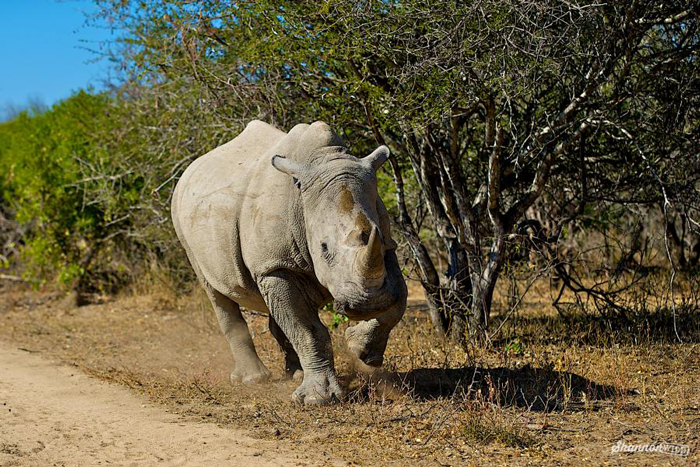EXTRACT FROM THE FOLLOWING THIRD PARTY SOURCE: WildAid
Parties to the UN Convention on International Trade in Endangered Species of Wild Fauna and Flora (CITES) have voted overwhelmingly to protect rhinos by rejecting a proposal to legalise the rhino horn trade. The proposal submitted by Swaziland to legalise rhino horn trade was defeated 100-26 with 17 abstentions.

Over the past decade, nearly 6,000 rhinos have been killed for their horns — primarily in South Africa, where 5,098 were poached between 2005 and 2015 to supply a lucrative black market.
Proponents of legal trade argue that they can tightly control the trade by limiting it solely to horn legally taken from living rhinos and legitimate stockpiles, and claim they will use the revenue to support anti-poaching.
But WildAid and other conservation groups have warned that legitimising the use of rhino horn by promoting trade can massively increase consumer demand in Asia for a product that is falsely claimed to cure cancer, hangovers and other illnesses.
WildAid CEO Peter Knights said of the vote: “Today, the Parties to CITES have overwhelmingly voted the right way on this issue. Far from protecting rhinos, a legal trade in rhino horn would have simply provided a mechanism for laundering yet more horn from poached rhinos into the trade. Demand reduction efforts in consumer nations, combined with improved enforcement in rhino range states, have a far better chance of reversing the rhino poaching crisis.”
WildAid also opposes “cultured” or bioengineered rhino horn because it risks perpetuating myths of rhino horn’s medicinal potency in Vietnam and China while making the product more socially desirable.
To comment on this story: Login (or sign up) to our app here - it's a troll-free safe place 🙂.![]()






